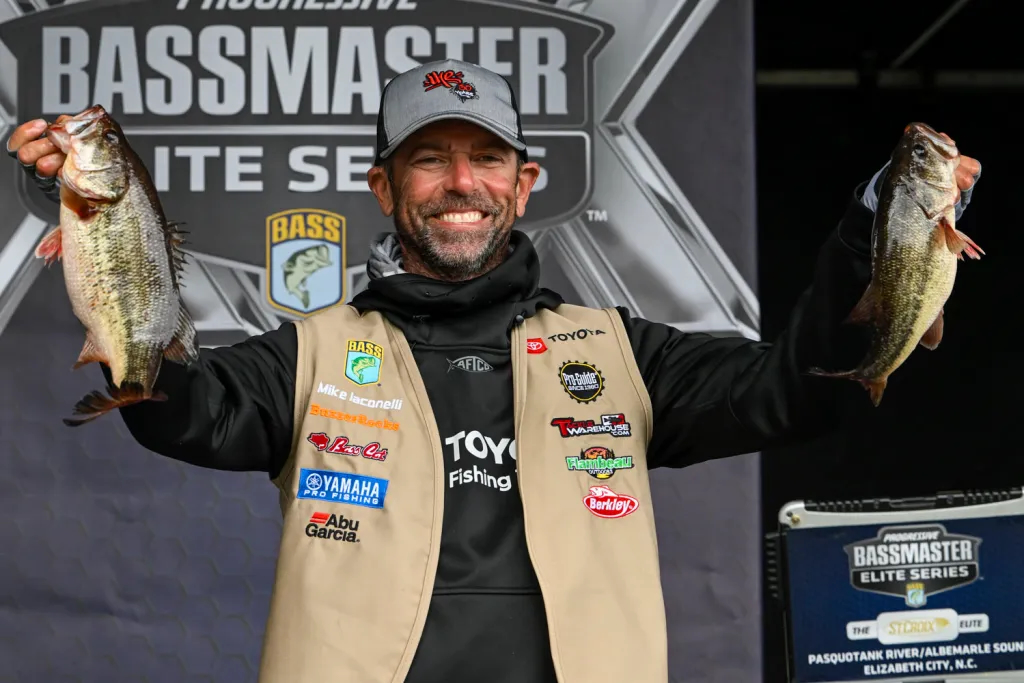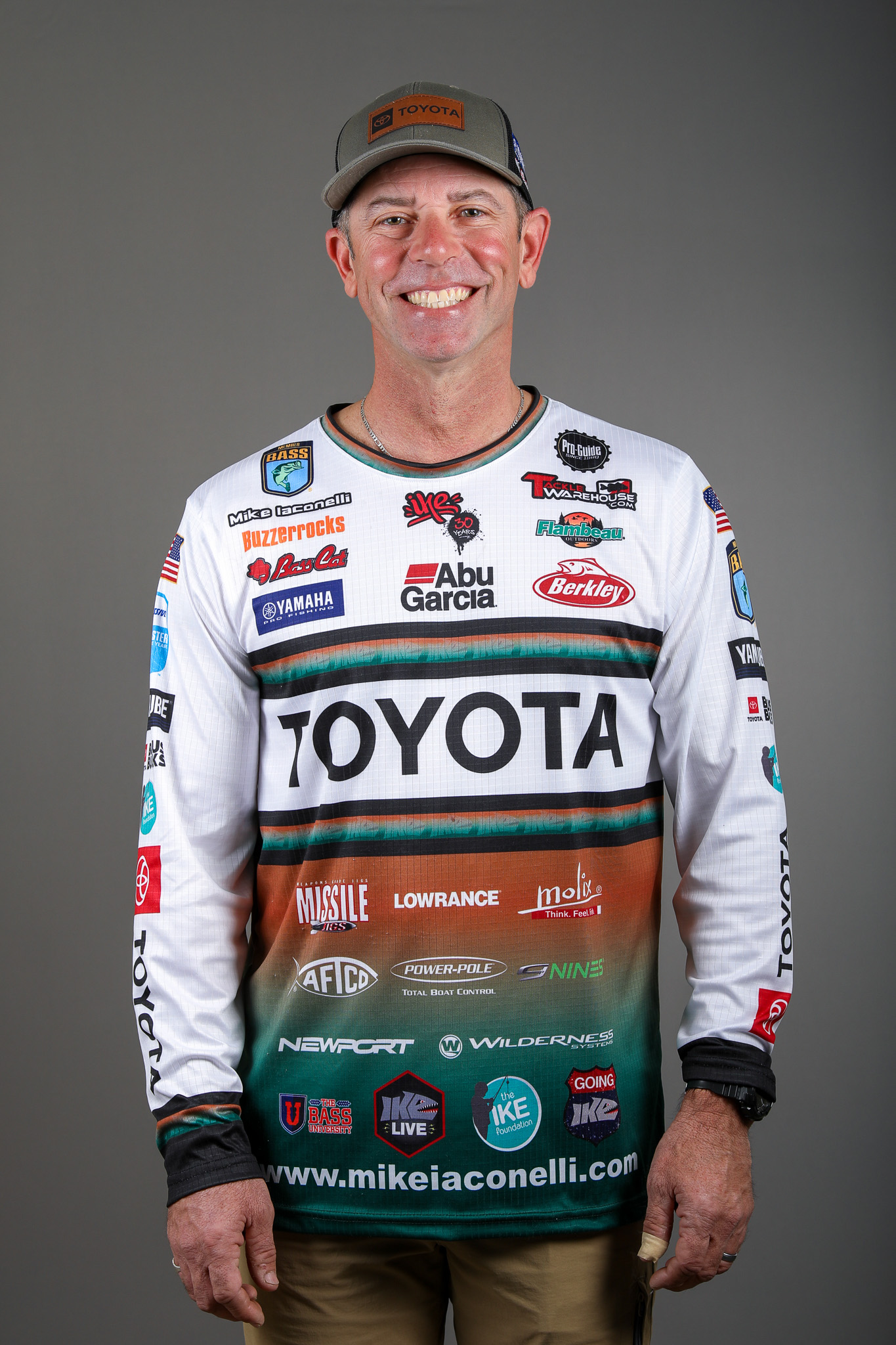
I had planned to go straight from working at ICAST to the Bassmaster Open on the Upper Chesapeake River. That changed after my son, Vegas, qualified for the Bassmaster Junior National Championship at Clarks Hill. His tournament takes place the same week as the Chesapeake Open.
I opted to scratch the Open and serve as the boat captain for Vegas and his 9-year-old partner Wally Peer at the championship. This is the third time Vegas has qualified for it. I’m a proud dad and excited to watch the boys compete. I hope they do well.
I’m also hoping taking a break from my tournaments will help my injured elbow rebound a bit. It has literally been a royal pain this season.
Soon after Vegas qualified for the championship, I started him and Wally on the same three-step preparation process I carry out for my tournaments. It gets my mind right and prevents me from wondering what to do when I launch my boat on the first practice day. I want my tackle to be organized and to have a plan of action ahead of time.
It’s intimidating for adults to fish a 73,000-acre reservoir like Clarks Hill they’ve never been to, let alone youngsters who’ve hardly ever fished out of New Jersey. My research and preparation steps should help them avoid being overwhelmed.
Step 1: Research
I stressed to the boys that tournament research is critical. When I started doing research in the 90s, I had to dig up old magazine articles and make a lot of phone calls.
The internet and the Google machine have made this chore much, much easier in 2025. Now you can quickly access thousands of magazine and newspaper articles, blogs, videos and tournament results on a computer or smartphone.
I instructed Vegas and Wally to find general information about Clarks Hill, such as what type of lake it is, its water clarity, if current is a factor and the forage. Vegas typed “what do bass eat at Clarks Hill” into the Google machine and it answered “blueback herring.”
I had them take notes about what they found, almost like making an outline for a test at school. This gave them a feel for how the lake lays out.
Then I had them plug seasonal patterns into their research. Since the Junior Championship is a summertime event, that would include fishing deep and possibly current caused by the hydroelectric dam.
Because thick cover can also play in summertime, I had them pull up satellite imagery on Google Earth to look for laydowns, docks and other cover. Among other things, they learned vegetation isn’t an option at Clarks Hill.
They also studied bottom contours and how the lake lays out on Lowrance Navionics digital charts, the same charts they’d be relying on when they get to Clarks Hill.
Step 2: Tackle prep
I’m big on preparing tackle, and I wanted the boys to learn how to take full advantage of this important aspect of tournament fishing. I normally prepare tackle for multiple events when touring. The boys focused on what they would need specifically for Clarks Hill.
As they sorted through their baits, I had them refer to the notes they had made during the research phase. I jot my notes on paper. They typed their notes on smartphone apps.
By referencing his notes, Vagas loaded two Flambeau boxes with hard baits that mimic mainly blueback herring and bluegills, primary forage for bass at Clarks Hill. He also filled a Flambeau soft bag with plastic baits.
Step 3: Pre-practice
The boys are allowed three days to pre-fish Clarks Hill, just as I am when fishing Elite Series tournaments. I’ll have them break the lake down into the deeper lower end, the mid-section and the upper end. They’ll fish a different section of the lake each practice day, which is what I do.
I will emphasize to them that the baits and techniques they noted during the research phase are a starting point and not a rigid set of rules. The beauty of bass fishing is that the fish never lie. You have to keep an open mind, fish the conditions and let the bass tell you what to do.
No matter how it goes, I want them to have fun and learn something that will help them down the road.
You can learn more about how I prepare for tournaments and a wide variety of other fishing information at www.mikeiaconelli.com or www.youtube.com/c/goingike.




